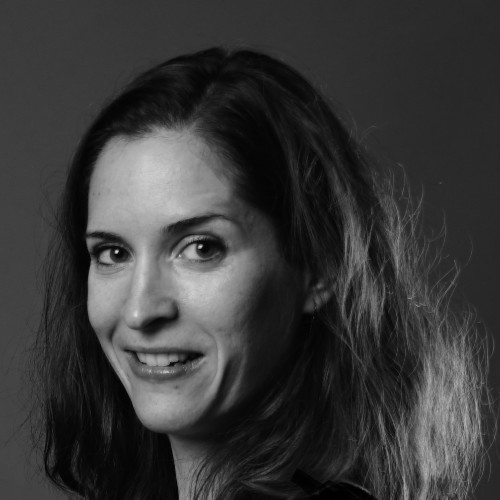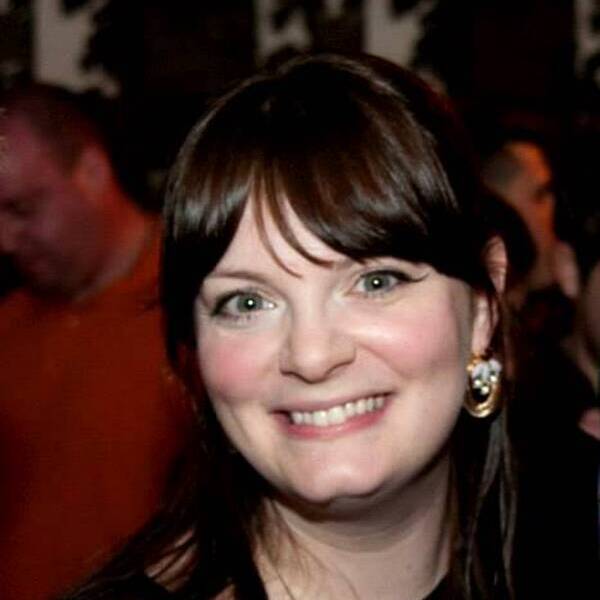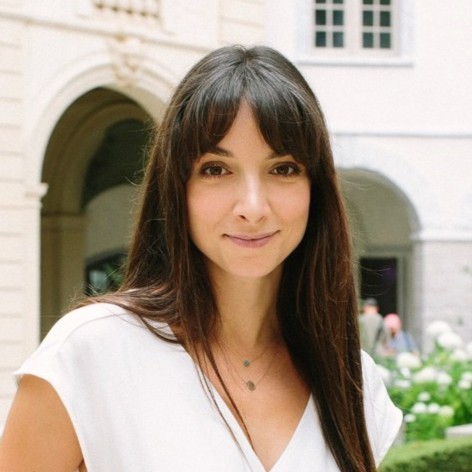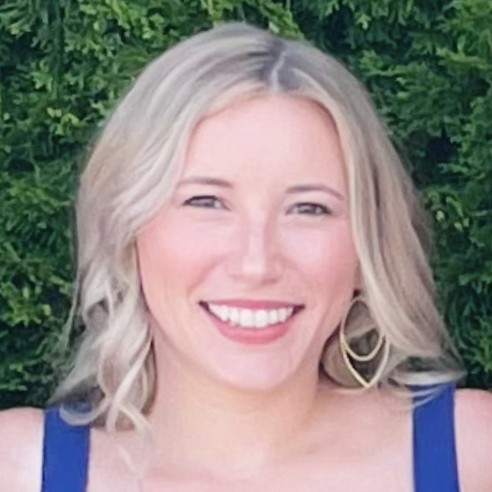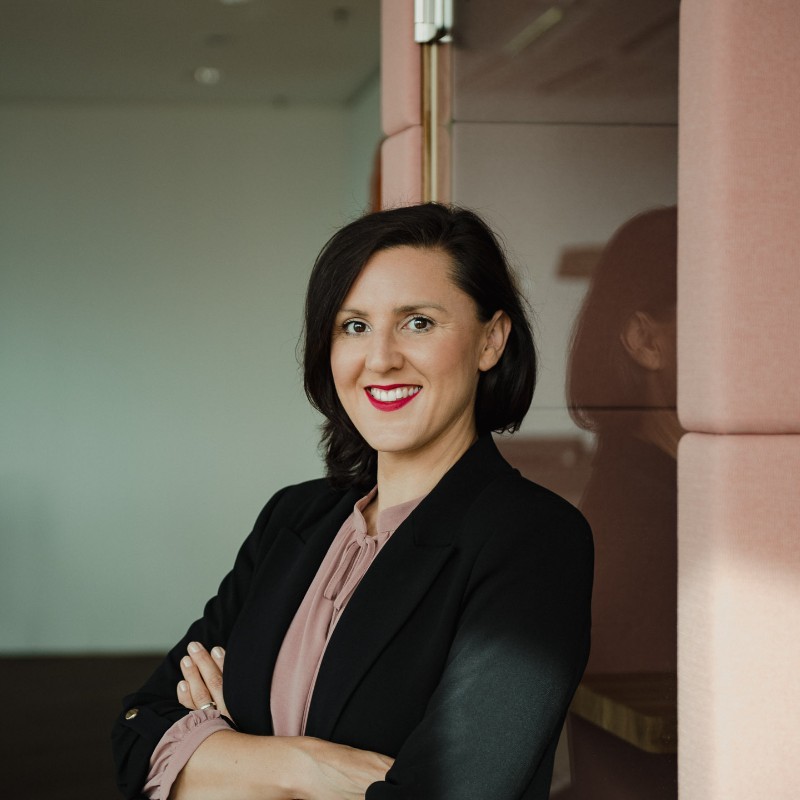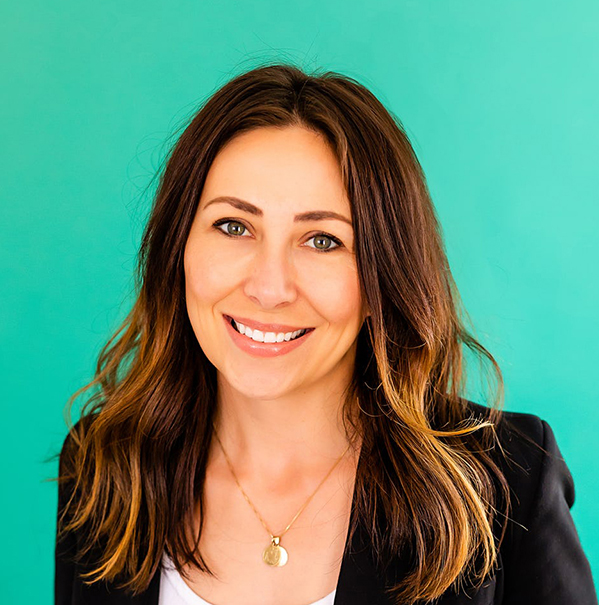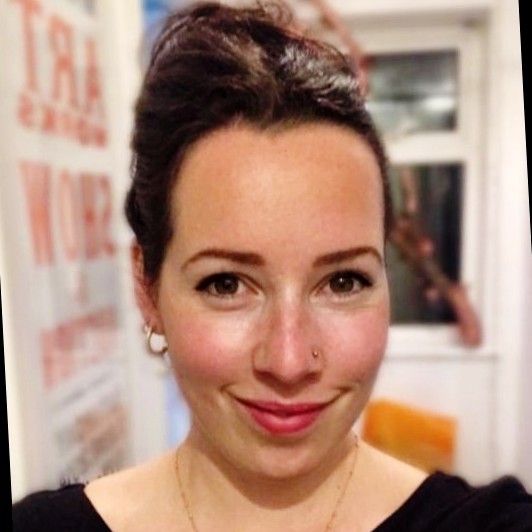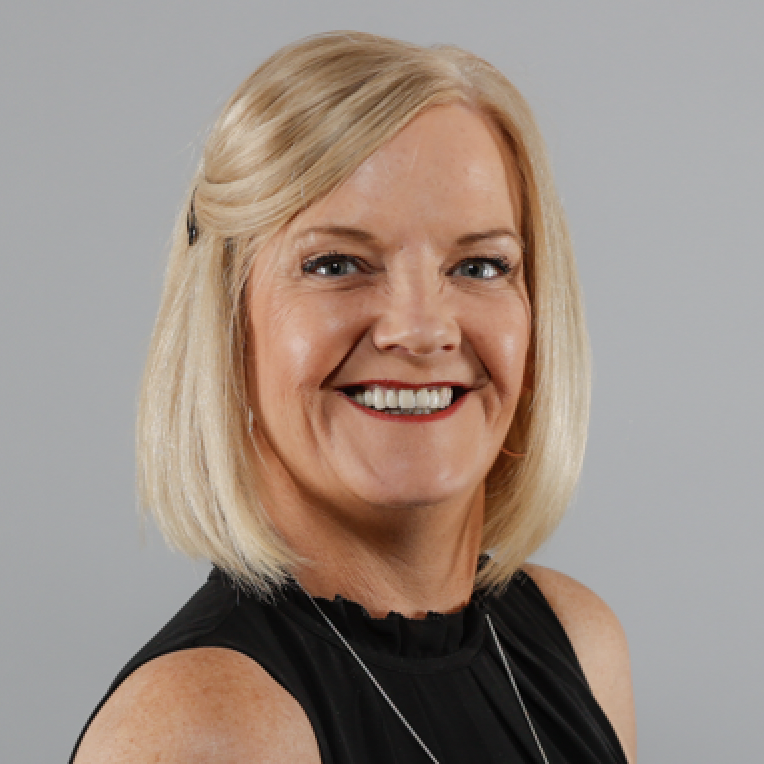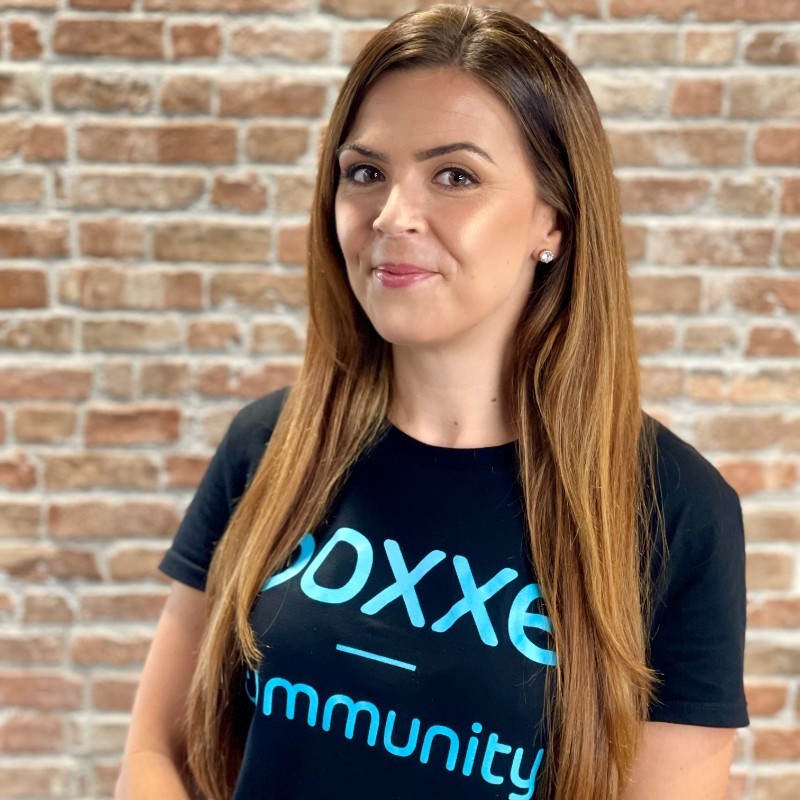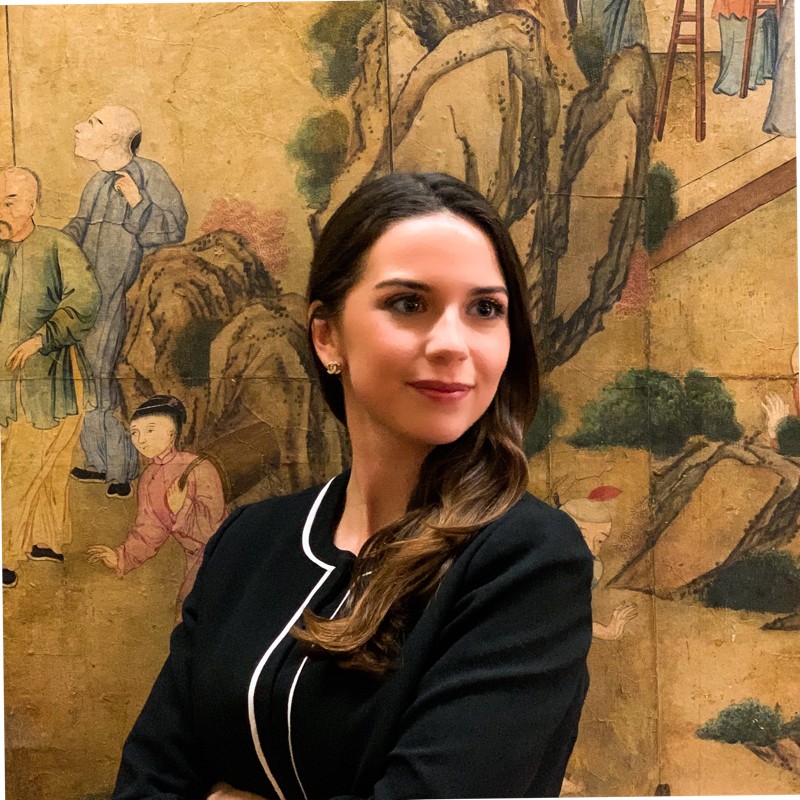
Celeste Leverton
Associate Director, Sustainability Manager

Coutts
United Kingdom
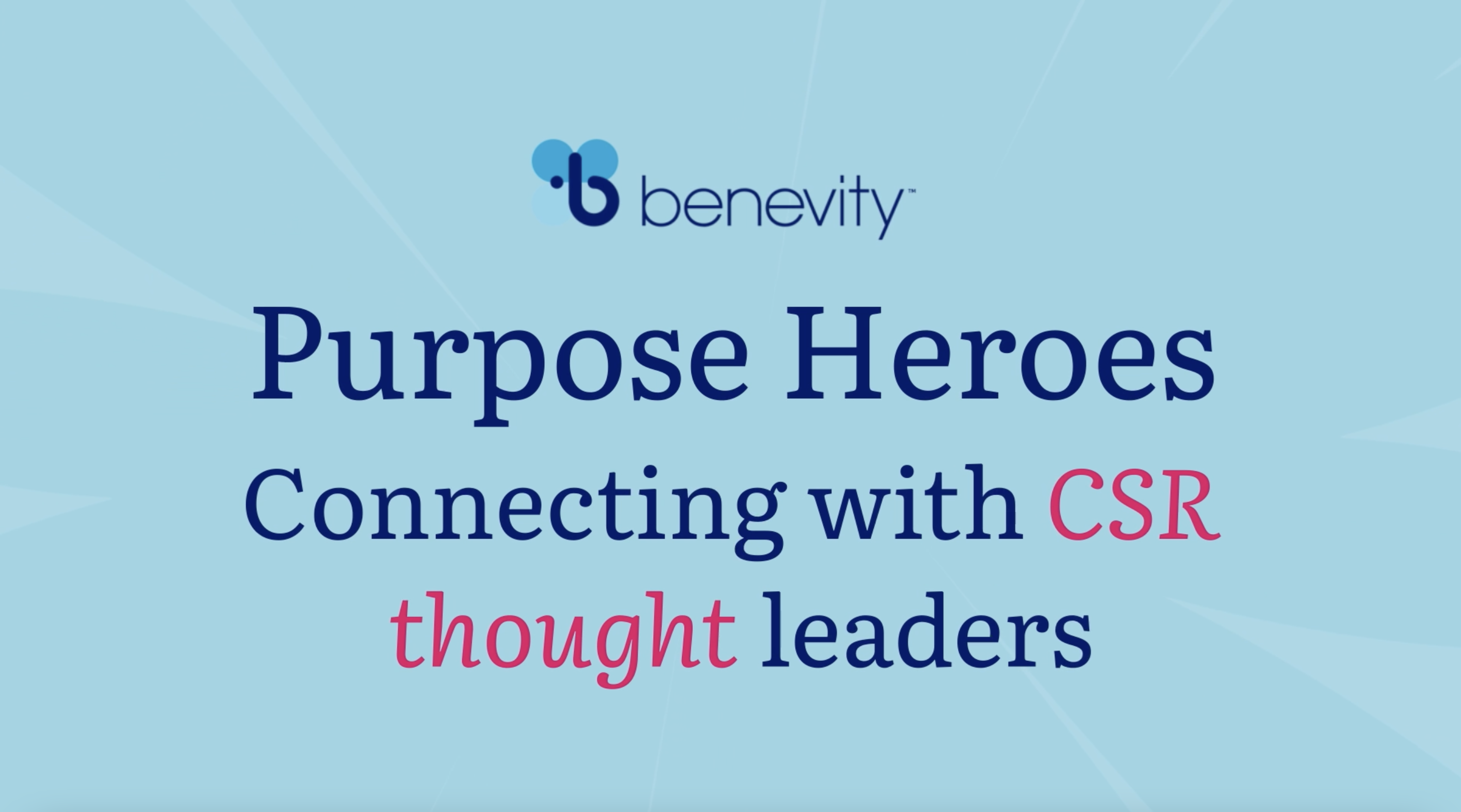
- sustainability
- wellness
- volunteering
Celeste Leverton is an Associate Director, Sustainability Manager at Coutts. With 330 years of history, Coutts is recognised as one of the UK’s leading private banks and wealth managers and is part of the wider NatWest Group. In July 2021, Coutts became the first UK headquartered private bank to be a Certified B Corp; an accreditation that's a known method of measuring impact, progress and commitment to sustainability.
Hear her full story on the Purpose Heroes Podcast, below.
Coutts’ Programme Mission
With roughly 1,800 employees across the UK, Coutts drives to serve the community and have a positive impact on the planet. To inspire employees to join in their efforts, this private bank has a strong CSR policy in place including a three day allowance for giving back to the communities where their people live and work.
At a NatWest group level, they address their purpose through three main pillars:
- Helping people, families, and their businesses to thrive through financial capability and literacy.
- Reducing the carbon intensity of their portfolios so that the company as a whole operates more sustainably.
- Educating and up-skilling employees so that they can perform well in jobs that consider environmental impact.
In addition to these group-wide pillars, Coutts had high hopes for their own social and environmental impact plans – with B Corp status as their main goal.
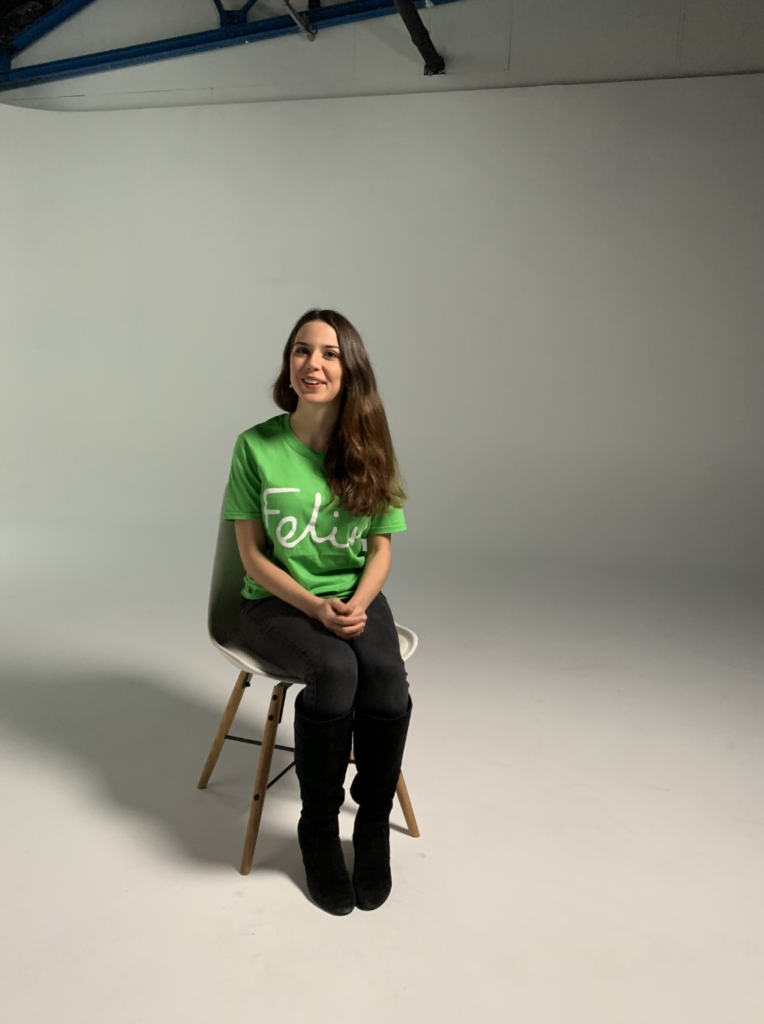
Becoming a B Corp
In July of 2021, after a two-year application process, Coutts officially became a B Corp with Celeste playing a major role in guaranteeing this highly sought-after accreditation.
Validating that a company successfully balances both purpose and profit, the B Corp certification is an effective way that for-profit companies legally demonstrate their “social and environmental performance”.
Celeste said, “Like many, Coutts is a for-profit business. But we recognise that we need to do well by also doing good: balancing all stakeholders. It’s thinking about the communities that you operate in, how you impact the environment, how you treat your workforce, how you treat clients – and it’s legally enshrined. In fact, as a B Corp, you have to change your company charter to say that you value every stakeholders’ interests, and you get evaluated through an impact assessment.”
She continued, “This is where Benevity really helped us thanks to their metrics on volunteering. Plus, it was a natural partnership because Benevity is a B Corp as well, which helps us create an increasingly more sustainable supply chain. So, becoming a B Corp is not just about your business operations, it’s also who you’re working with, your supply chain and your wider circle of influence.”
According to Celeste, obtaining the B Corp certification is nothing like a ‘tick box’ exercise, particularly when all companies are expected to re-certify every three years to meet evolving sustainability standards. Plus, the assessment becomes more rigorous over time, as each B Corp is required to reach new environmental expectations in order to maintain their status.
All of this helps Coutts, and other B Corp companies like Benevity, push boundaries within their business operations to keep up a sustainable supply chain and company function.
“What was really exciting about going through this journey, as a 330 year old private bank, is that we don’t look and feel like other well-known B Corp businesses.
Celeste Leverton – Associate Director, Sustainability Manager at Coutts
She continued, “We don't look like Patagonia or Ben and Jerry's. However, lots of our clients don't look and feel like them either, so it's a great that we can example the art of the possible through our sustainability journey. We're not perfect, but we are being transparent and our publicly showing we're committed to improve to bring about positive and sustainable change.”
Addressing the barriers of community support
Like most companies when building a CSR programme, Coutts encountered a number of challenges that tested their ability to adapt and engage employees regionally.
Blocker 1: “I don’t have enough time to volunteer”
Before the launch of their CSR programme, Celeste observed that some team members were more interested in engaging with fundraising activities than volunteering. Hoping to understand and address the rationale behind this behaviour, she sent out a company-wide survey digging deeper into employee motivations.
This is when she discovered and tackled the barriers that were blocking some Coutts employees from providing community support.
Thanks to the survey, Celeste identified that there is a real interest amongst Coutts’ employees to participate in field activities, but many people didn’t understand the company’s volunteering policies and generous volunteering allowance available to them.
With these insights in mind, Celeste made an effort to debunk a number of myths that people had surrounding volunteering including sharing that fact that you don’t need to take a full day off to participate. By educating their employees on internal policies, such as volunteering in blocks of time that easily fit into busy schedules, their team was able to give their employees the confidence to approach acts of service despite their limited time.
“I think the Benevity platform is really good for spreading information about our policy. One of the functionalities I love is that it ticks down your volunteering allowance in hours, making it more simple to understand.”
Celeste Leverton – Associate Director, Sustainability Manager at Coutts
This was also communicated with the help of executive and senior leadership team members who led by example by participating in volunteering hours themselves. This top-down approach demonstrates to all employees that if leadership can make time, then so can each individual at the company.
Blocker 2: “I can’t find any volunteering activities near me”
Another barrier that Celeste found through her survey is that many employees outside of London felt they didn’t have the same access to volunteering activities as their London-based colleagues. With this knowledge, it was crucial for her team to make sure that their programme was present all of their locations, and even for those who work remotely.
With the help of a CSR platform, they were able to get the message out to employees around the UK that there are opportunities available in their region, and they can take time of out of their schedules to make a positive impact no matter where they were based.
Celeste said, “One of the great things about partnering with Benevity is that the volunteering opportunities are UK-wide. This is especially important now when increasingly more people are working in a hybrid environment and their main office may be miles away from their home. A lot of people have relocated outside of London and now they can actually more easily volunteer on their doorstep or remotely, which I think is fantastic.”
The communication of local opportunities can also be done with the help of programme Champions (employee volunteers) who advocate for the programme within their area. Celeste and her team use this model as a way of effectively sharing their messaging regionally and getting people excited about volunteering – all while engaging their Champions even further!
The result is a desire to do good that is “almost infectious,” she says. As each individuals’ contribution inspires others to give back as well.
Blocker 3: “I won’t make an impact as an individual”
Additionally, Celeste’s survey found that her team had to do some work debunking myths related to personal impact and what that actually looks like as a Coutts employee. They saw that many employees were already meeting volunteer hours as mentors or sharing their skills – but they didn’t realise they could use time during their workday for those activities.
“I think people have a perception of what volunteering is. But skills-based volunteering is also really impactful, and a lot of our employees do it anyway, but I don’t think they categorised it correctly in their minds.”
Celeste Leverton – Associate Director, Sustainability Manager at Coutts
This gap in knowledge meant that many hours that were being used by employees to volunteer were not being recorded as time donated. So, Celeste and her team were unable to track and report real impact to share with stakeholders.
Working with an HR platform, where all employees can connect and log their acts of goodness, and by educating employees on what counts as volunteering, Coutts is now able to increasingly measure their company-wide impact and continue improving over time!
“We had a lot of people who were volunteering, but they weren’t recording it. And so now, with a platform, we have messaging that reminds people to report their hours with instructions on how to do so. I think it’s these nudging behaviors that always re-instill those education points.”
Celeste Leverton – Associate Director, Sustainability Manager at Coutts
Tips & advice for other companies
- Make space for employee-led networks to propose ideas and share perspectives. For example, Coutts’ Respect Diversity & Inclusion Council and Gender Network have uploaded ‘challenges’ into the Benevity platform.
- Challenge your employees to engage with your corporate purpose through fun activities that they can do at-home or in a group. For example, using Benevity’s Challenges feature, Coutts encouraged their employees to attend a seminar on getting their personal finances in order, which helped to drive engagement onto the platform.
- Consider how you position volunteering to employees. For example, Celeste believes it’s beneficial to get colleagues out of the office and doing their bit to give back to surrounding communities. So she challenges employees to rethink how they view volunteering by taking time out of their allowance and turning it into a big team building day.
Or check out
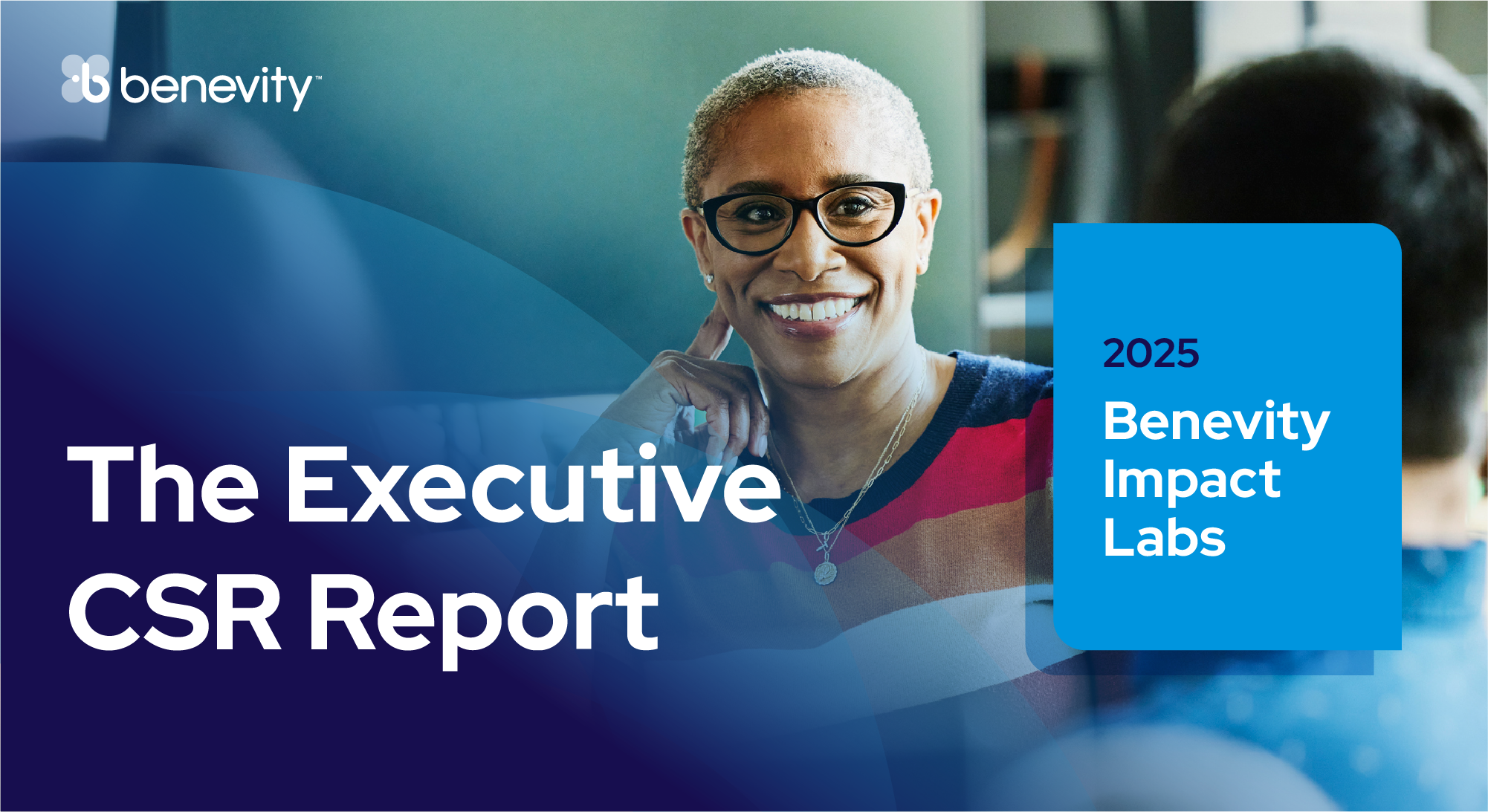
Benevity report predicts surge in CSR investment amid heightened public scrutiny
New survey of 500 executives reveals 76% are committed to increasing CSR budgets, viewing it as key to driving business ROI.
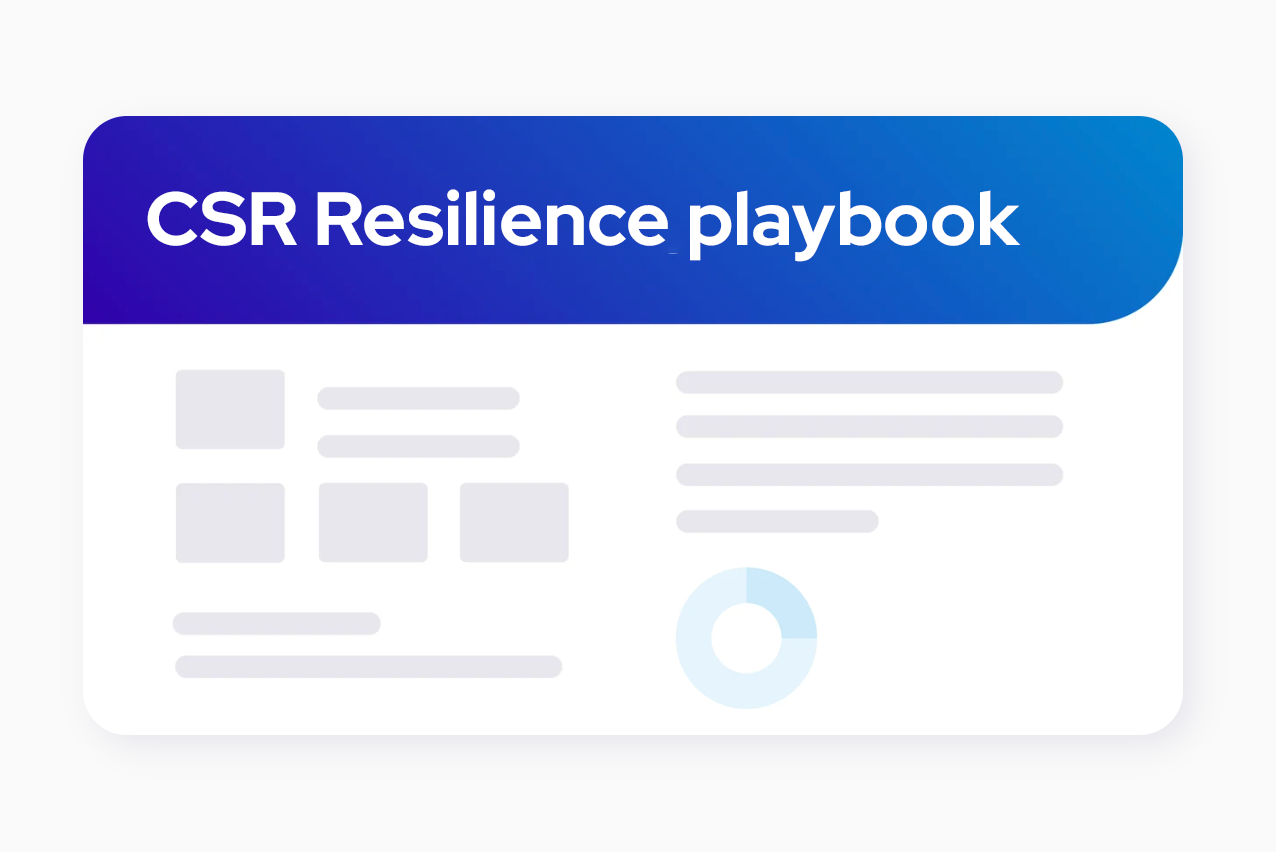
CSR Resilience Playbook
Strengthen your CSR strategy with our Resilience Playbook. Get actionable steps to help you lead with purpose through change and drive lasting impact.

Why Unified CSR Reporting Is a Game Changer
Unified reporting helps CSR teams eliminate silos, prove ROI, and scale impact. Discover why it’s key to smarter, faster, data-driven decisions.





